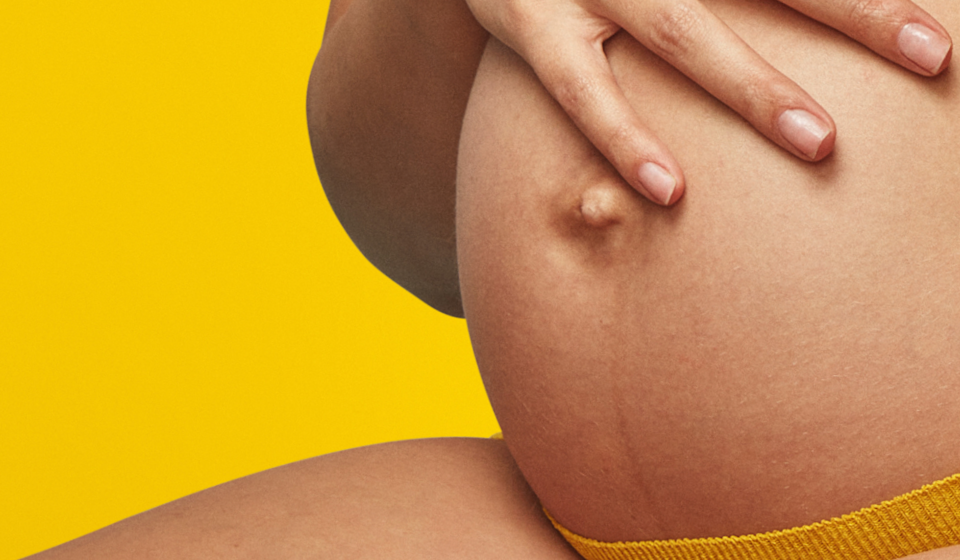Essential Takeaways
• Adequate pregnancy nutrition supports healthy fetal growth and development.*
• Your body’s nutrient needs change throughout pregnancy, but leading OB/GYNs recommend the same 10 nutrients through all three trimesters: Calcium, Iron, Iodine, Choline, Omega-3 DHA, Vitamin A, Vitamin B6, Vitamin B12, Vitamin C, Vitamin D, and Folate.
• Other important-for-pregnancy nutrients that aren’t always easy to get enough of from food include Biotin, Boron, Vitamin E, Vitamin K2, and Magnesium.
All the way through (as well as beyond) pregnancy, nutrition matters. That’s in large part because our bodies’ nutrient needs change when we’re pregnant. For one, blood volume nearly doubles in pregnancy. (1) Hitting daily iron needs is important during pregnancy to help support the growing baby and placenta.*
Nutrition in pregnancy also matters because pregnant women are the one-and-only nutritional source for their growing fetuses. Babies-to-be don’t get to ask for substitutions or make requests—they get what their birthing parent gets. Adequate pregnancy nutrition supports healthy fetal growth and development.*
These two factors are why prenatal multivitamins can be so helpful before, during, and after pregnancy. Nutritional perfection is an impossible standard but prenatals help you meet the recommended nutrient levels for pregnancy on top of what you’re getting from food.*
Nutritional Needs During Pregnancy
The American College of Obstetricians and Gynecologists (ACOG)—aka the leading organization of OB/GYNs—recommends these 10 nutrients (in these amounts) during all three trimesters of pregnancy (2):
• Calcium (1,000 mg)
• Iron (27 mg)
• Iodine (220 mcg)
• Choline (450 mg)
• Omega-3 DHA (200 mg) (3)
• Vitamin A (750 mcg from 14-18, 770 mcg from 19-50)
• Vitamin B6 (1.9 mg)
• Vitamin B12 (2.6 mcg)
• Vitamin C (80 mg from 14-18, 85 mg from 19-50)
• Vitamin D (600 IU)
• Folate (600 mcg)











